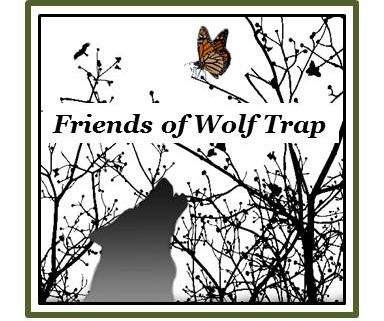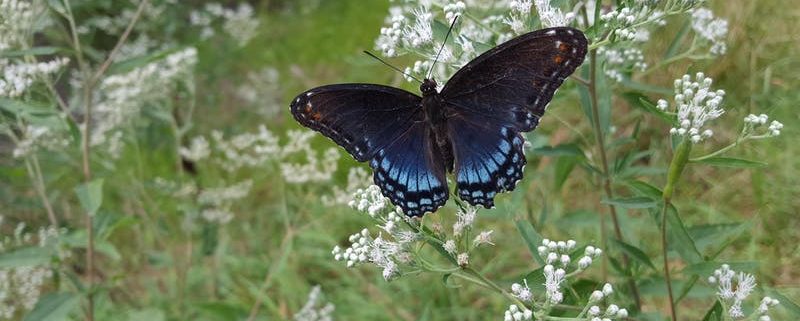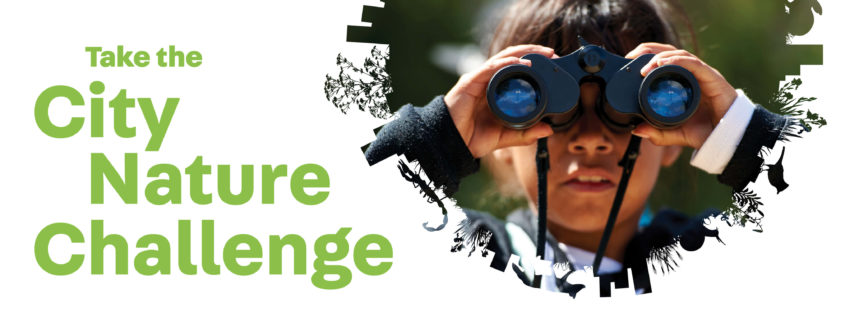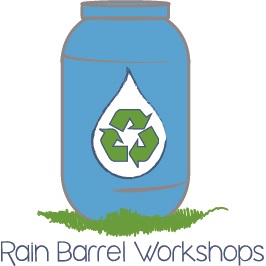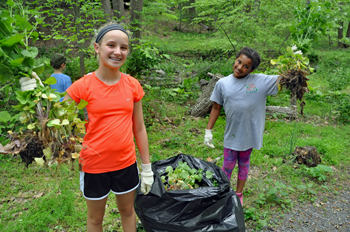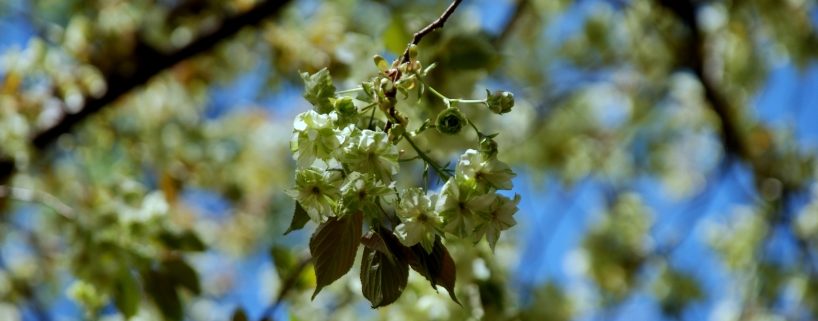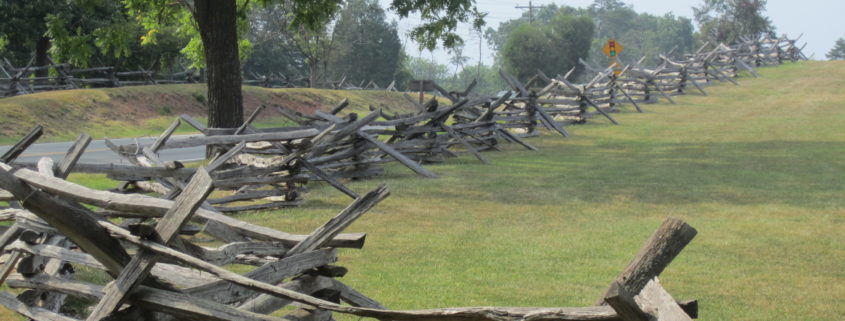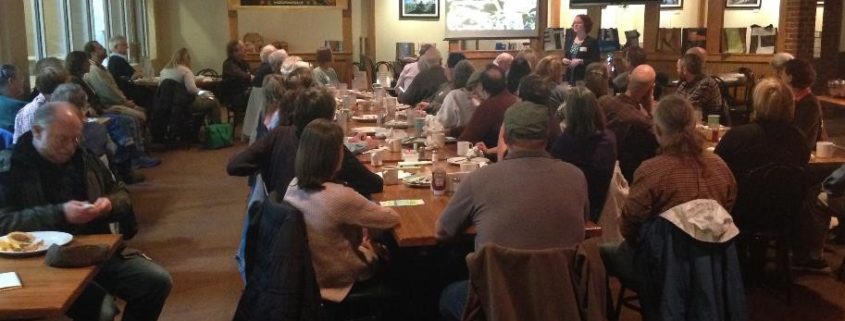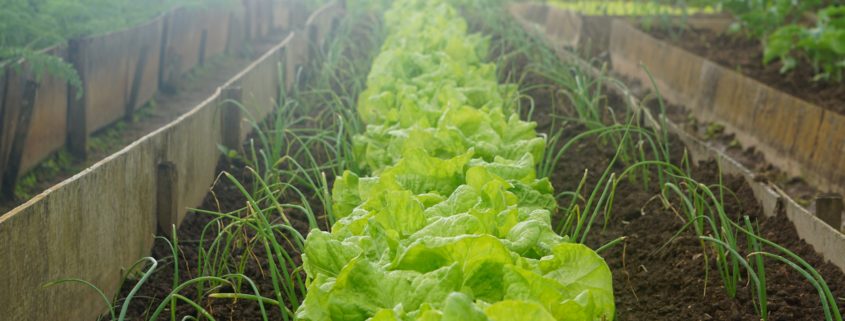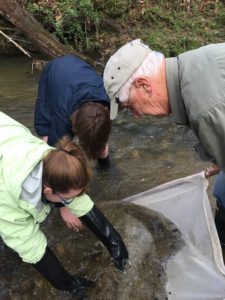Friends of Wolf Trap host City Nature Challenge (and training!)
As urban development in Northern Virginia continues to accelerate, the management of open spaces becomes more important than ever. Wolf Trap National Park for the Performing Arts, which encompasses more than 130 acres with 2.7 miles of trails, forests, native gardens, streams and a pond, contains important natural, recreational and historical resources for the community. As a not-for-profit organization, the Friends of Wolf Trap (FOWT) contributes to community awareness and assists the National Park Service with providing educational programs, recreation, and preservation through centralized volunteer efforts. The FOWT are interested in increasing involvement from Fairfax Master Naturalist members in conducting citizen science projects and promoting the Park’s natural resources to the public.
Please register for one or more upcoming events listed at http://friendsofwolftrap.org/events/ and mark your calendars and join us for the following upcoming events:
- Sunday, April 7, 2019 (10:00 am to noon): iNaturalist Training and Hike at Wolf Trap National Park for the Performing Arts; Using iNaturalist to document and learn about nature is easy! Learn how, then participate in #CityNatureChallenge April 26-29. In preparation for the 2019 City Nature Challenge, please join Deborah Barber, Director of Land Management from The Nature Conservancy, who will provide brief ‘classroom’ instruction in using the iNaturalist app before leading the group through the Park’s trails and gardens to obtain practical field experience using the app. Be sure you have a fully charged smart phone and have already downloaded and signed in to the app.
- Sunday, April 28, 2019 (1:00 pm to 4:00 pm): City Nature Challenge ‘Hike and Explore’ at Wolf Trap National Park for the Performing Arts; Take part in the 2019 City Nature Challenge at Wolf Trap! 130 cities across 6 continents are vying to prove that their area has the most nature and the most nature-loving residents – and we want the DC Metro Area to win! https://citynaturechallengedc.org/ Join us for a group hike or strike out on your own to explore the Park’s 130 acres including forests, trails, streams, ponds, meadows and gardens as you take pictures of Parks many plants and animals while taking part in the City Nature Challenge. We will start with a brief introduction of how to use the iNaturalist app, so be sure you have a fully charged smart phone and have already downloaded and signed in to the app. (C260 is the appropriate service code)


